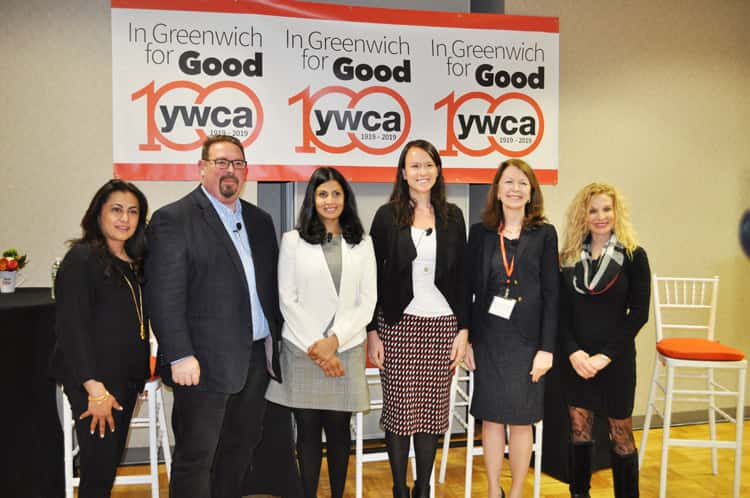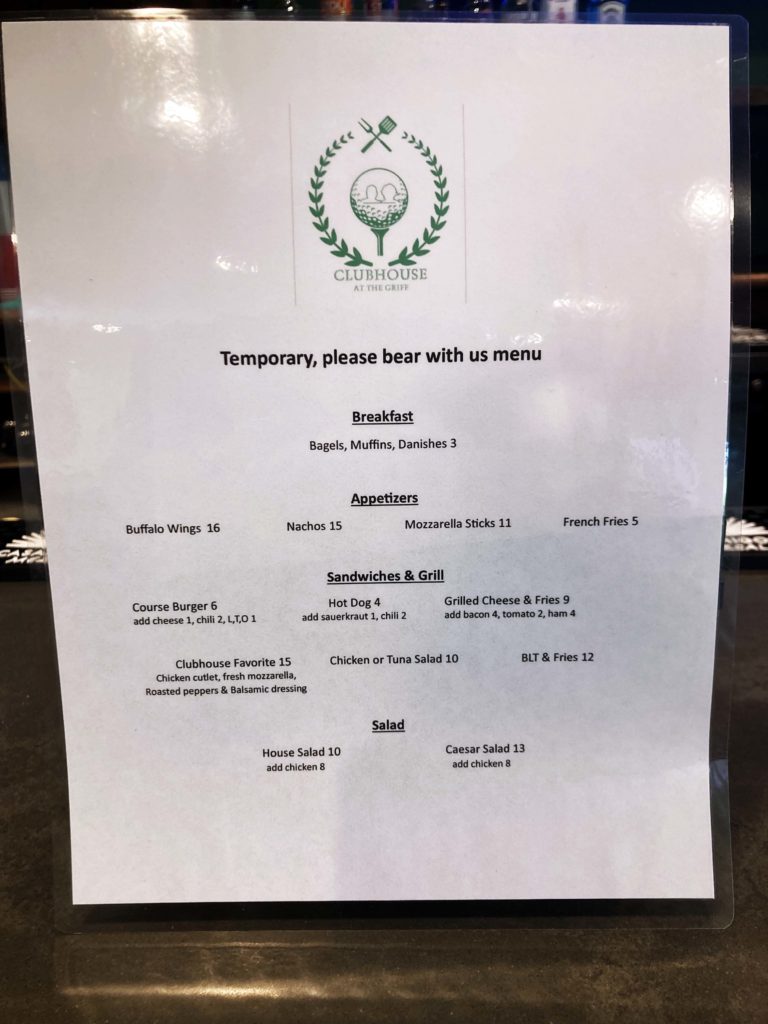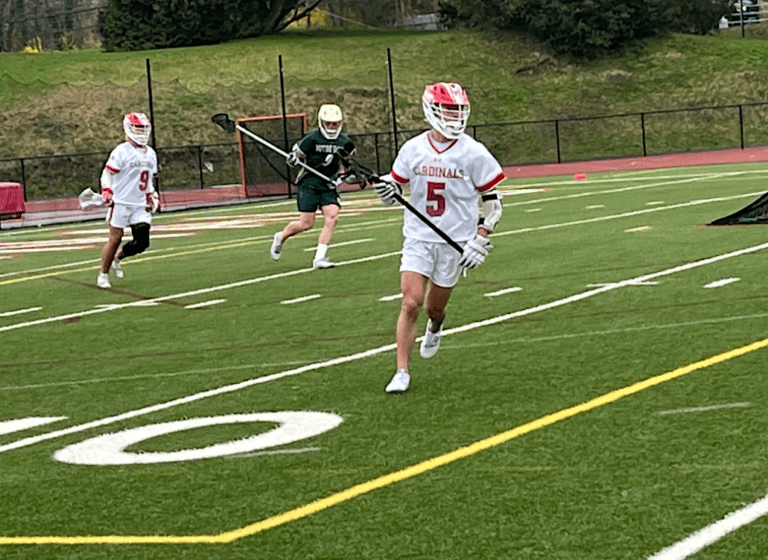

On Wednesday, Jan. 16, YWCA Greenwich hosted and co-sponsored a provocative discussion about labor trafficking, a crime that impacts 20.1 million people worldwide through forced labor, including children. The impressive panel provided detail about how the products and services we all purchase and the food we eat are tainted with the stain of forced labor. More than thirty-five community organizations, town officials, non-profits and houses of worship signed on to partner with YWCA Greenwich in this effort to raise awareness and provide information about what citizens and businesses can do to help end human trafficking.
“To honor the memory of Dr. Martin Luther King, Jr. we chose to raise awareness about human trafficking and the plight of millions of people trapped through forced labor,” said Mary Lee Kiernan, President and CEO, YWCA Greenwich. “Dr. King dedicated his life to promoting civil rights and eradicating slavery and oppression, making tonight’s discussion particularly relevant and compelling.”
YWCA Greenwich organized an elite panel of experts who are tackling the issue of labor trafficking head on: Moderator, Krishna Patel, General Counsel and Director of Justice Initiatives, Grace Farms Foundation; Luis deBaca, lawyer and diplomat who served as United States Ambassador-at-Large to Monitor and Combat Trafficking in Persons and as Director of the Department of Justice’s Office of Sex Offender Sentencing, Monitoring, Apprehending, Registering, and Tracking (SMART Office); Divya Demato, CEO and Co-Founder, GoodOps, and an expert in supply chain networks; Jillian Gilchrest, and recently elected CT State Representative, District 18 and former Chair, Connecticut Trafficking in Persons Council; and Resa Spaziani, Supervisor, Wage and Workplace Standards, Connecticut Department of Labor.
The U.S. Department of Defense estimates that forced labor generates $51.2 billion in illegal profits resulting from forced economic exploitation in a variety of industries and in the products and food consumed every day.
According to the US Department of Health and Human Services the major venues where labor trafficking takes place are domestic work, health and beauty services, travelling sales crews and restaurants/food service. In the State of Connecticut, for example, nail salons and massage parlors do not require licensing and are not regulated by the Department of Health. Without any oversight, these businesses can easily underpay workers, maintain illegal working conditions and become fronts for other illegal activities. In addition, the rise of consumerism and the expectation of low prices has fueled illegal activities.
While thousands of cases of trafficking are reported across the country each year, many go unreported as victims are often fearful because of language barriers, fear of their traffickers or fear of law enforcement.
The panel discussed the issues and the work they’re doing in various branches of government and the private sector to identify and track traffickers and victims. They also provided information on how to spot instances of labor trafficking, how to contact law enforcement, and how consumers can impact labor trafficking with their buying decisions.
If you believe someone may be a victim of human trafficking or if you believe you have other information about a trafficking situation, contact law enforcement by calling 911 or the 24-hour National Human Trafficking Hotline at 1-888-373-7888. Anti-Trafficking Hotline Advocates are available 24/7 to take reports of potential human trafficking. Trafficking victims, including undocumented individuals, are eligible for services and immigration assistance. If children are involved, call the Careline of the Department of Children and Families at 1-800-842-2288.
For additional resources, go to ywcagreenwich.org/fighting-modern-day-slavery




